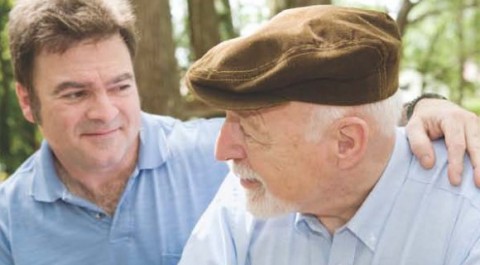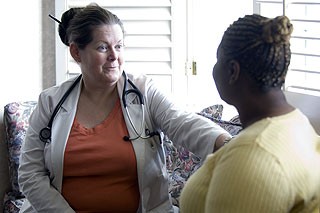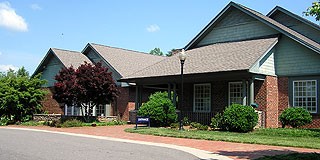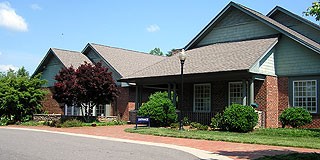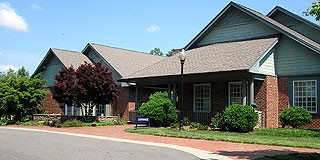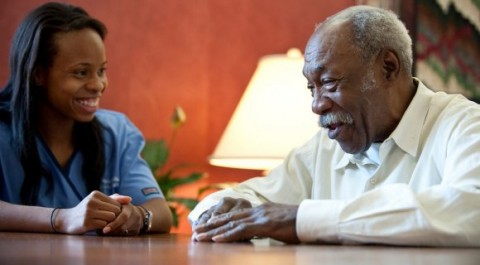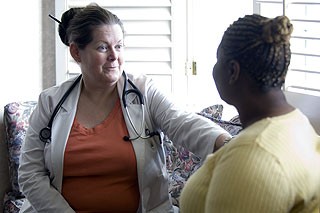Wednesday June 18th, 2014
Explaining your needs to others
Are you worried that asking for help sounds like whining? You may believe you “should” be able to do it all without assistance. Or think you are “just” doing what any good or loving daughter (or son, or spouse) would do. Like many caregivers focused on being gracious, you may have become used to minimizing the personal impact of caregiving.
Wanting help does not mean you are weak. And being frustrated, tired, or resentful does not mean you don’t care for the elder in your life. It simply means that there is more on your plate than can be done alone.

